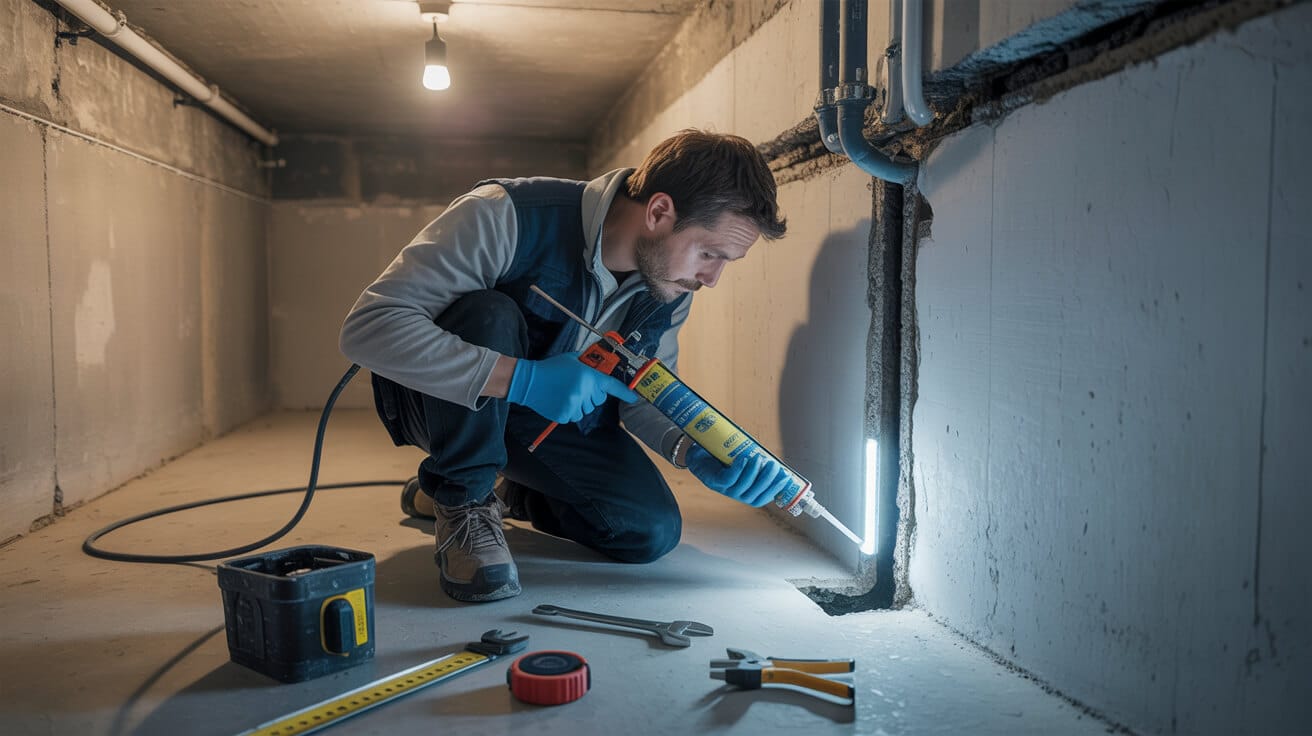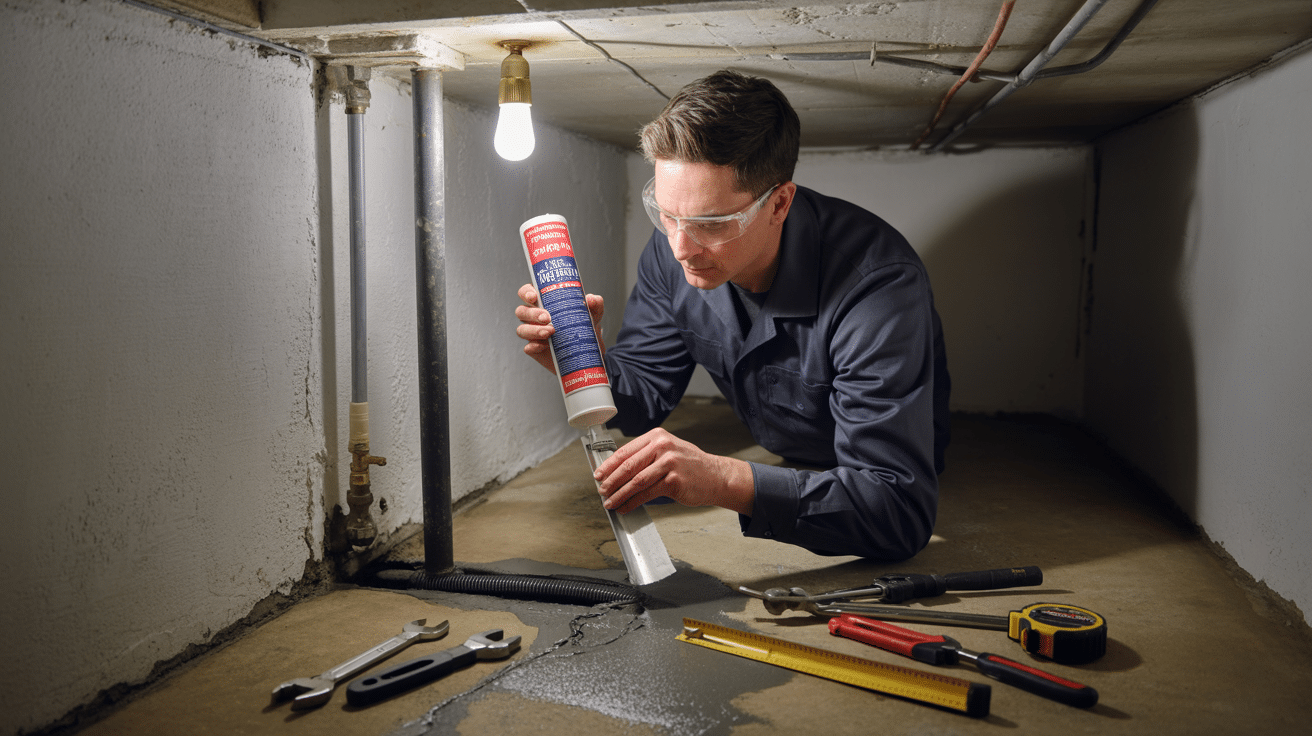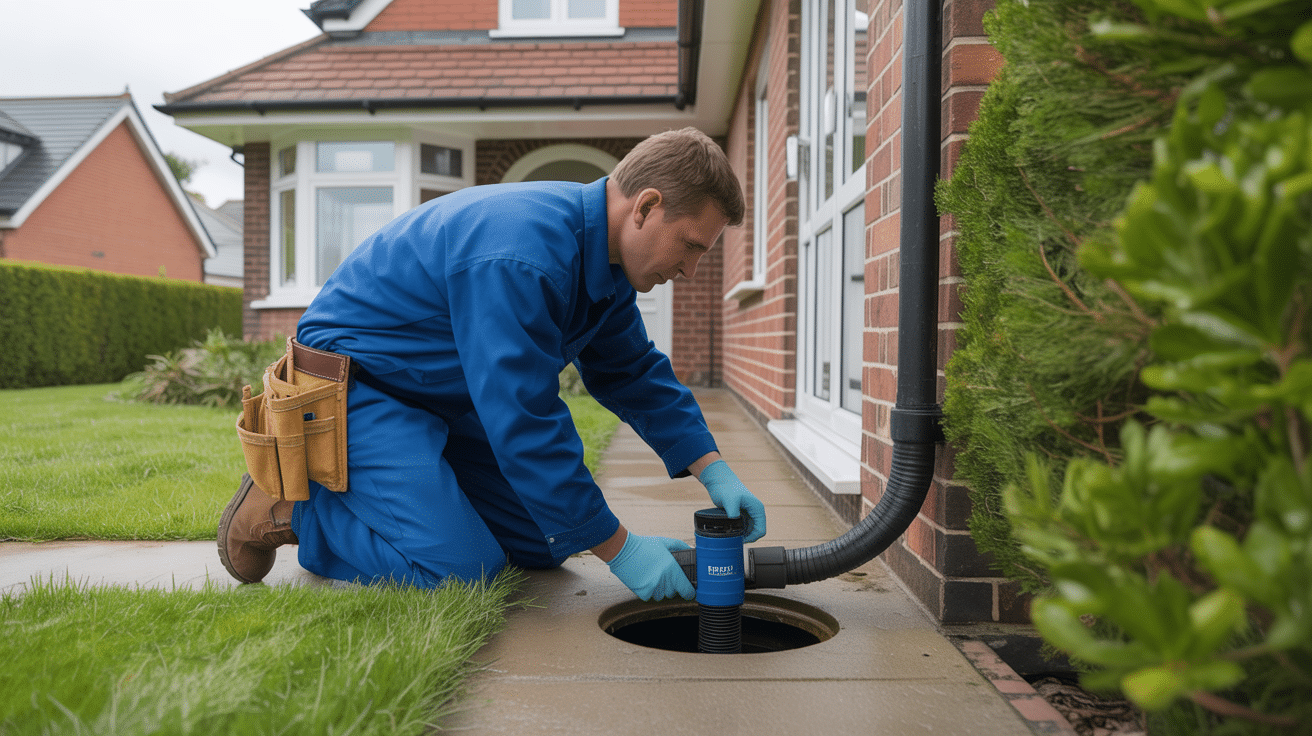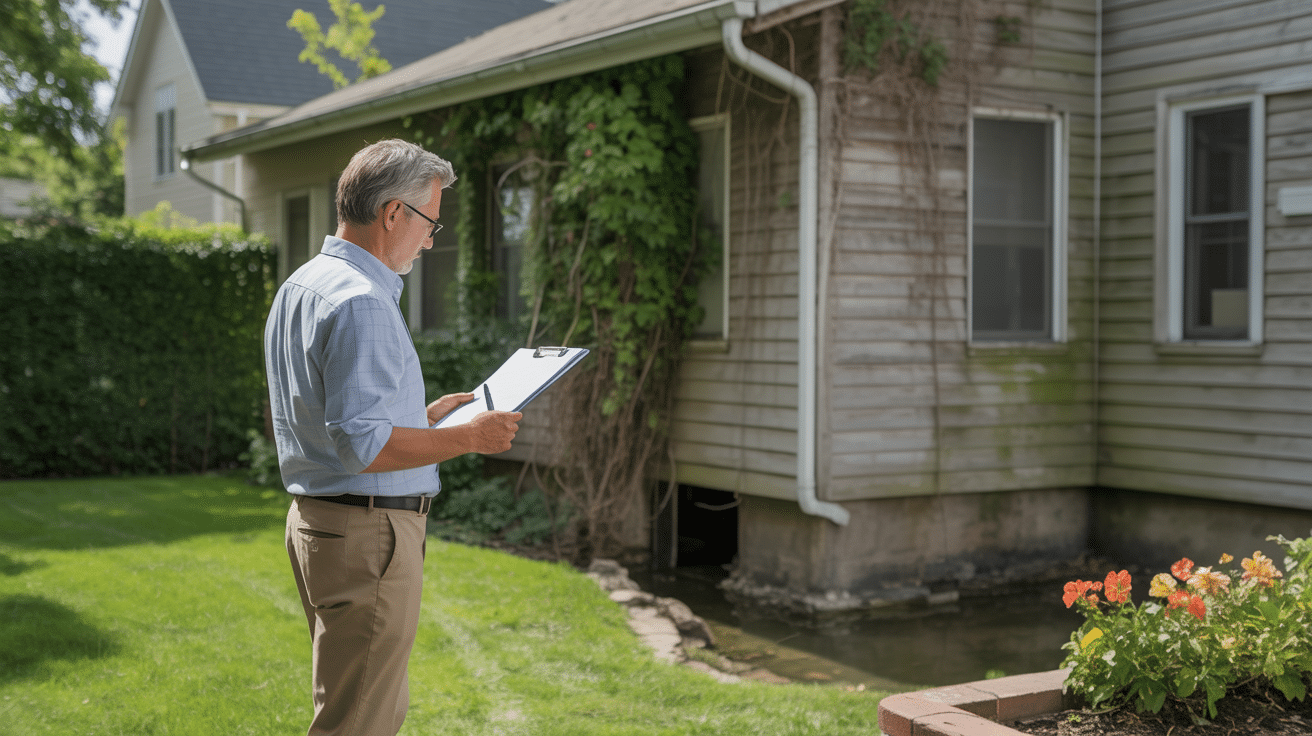 What Grants Are Available for Landlords in 2025
What Grants Are Available for Landlords in 2025

What Grants Actually Work for Landlords in 2025—and How to Claim Them Without Risk
UK landlords are navigating the toughest property compliance landscape in decades. It’s not theory—market-ready means EPC C as the new minimum, and enforcement finally stings hard enough to force change. Inspections are faster, digital, public, and “I’ll sort it next tenancy” is no longer a strategy. At the same time, 2025 brings the strongest funding windows ever for rental upgrades—if you use the correct order and don’t leave money (or trust) on the table.
Properties stuck with old tech and no grant paperwork are funnelling into the rental slow lane—whether your postcode’s hot or not.
Those still hoping for leniency will hit a wall: fines, rent bans, or near-invisible marketing. Even tenant demand is shifting—the cost to heat and run a home now trumps fresh paint or a posh kitchen. Yet, most grants are still claimed by proactive owners, not those who ‘wait and see.’ This guide lays out exactly which UK grants deliver, who actually qualifies, and the correct application order—so your asset climbs straight to compliant, future-proof status.
Which Grant Should You Target First? The Order That Saves You Money—and Stress

You can’t just pick any grant at random in 2025. Energy Performance (EPC), MEES enforcement, and the push for ‘net-zero’ upgrades are a bit of a trap for those doing things out of sequence. The real-world grant path always starts with insulation and fast paperwork, or nothing else ‘unlocks’.
- Over 60% of UK rentals remain at EPC D or below: . With stricter enforcement, this is both risk and opportunity: waiting now means getting locked out of the market by 2028 ([PropertyMark, 2025](https://www.propertymark.co.uk/resource/most-inefficient-homes-to-get-fully-funded-upgrades-from-local-grant-scheme.html?utm_source=openai)).
- Enforcement has gone local and digital.: Councils and letting agents are tapping databases, so a compliance miss shows up at your next listing or tenancy contract, not just at random audits.
| Compliance Trigger | Instant Penalty | Real Market Impact |
|---|---|---|
| New Tenancy, EPC < C | Up to £30,000 fine | Listing blocked—empty rooms |
| Renewal, EPC < C | Re-letting ban, surprise audit | Delayed income, agent turndown |
Where landlords lose out?
The “one window at a time” upgrade route rarely works. Major grants hinge on an eligible EPC and certified insulation first. Miss that, and you wait another year—often with an unlettable property and mounting admin.
Rushing to heat pump instals or last-minute paperwork usually ends in a failed grant and another year on the wrong EPC band.
What Does the Boiler Upgrade Scheme Really Deliver—and Is it Worth Chasing?

Tech headlines push new heat systems, but only the Boiler Upgrade Scheme (BUS) brings real cash to landlords for replacing old gas. In 2025, this scheme covers:
- £7,500 for air or ground-source heat pumps: (installation by MCS-accredited firms mandatory)
- £5,000 for off-gas biomass boilers: (rural, extra rules) ([Rightmove 2025](https://www.rightmove.co.uk/guides/energy-efficiency/grants-and-schemes/green-grants-schemes-available-landlords/?utm_source=openai); [Eden Energy](https://edenenergy.uk/great-british-insulation-scheme/))
Key Bus Rule:
You can’t access the BUS unless your property insulation is already up to par—loft, wall, and floor upgrades need 2025 documentation and certifications. Start with the fabric—or budget for a “re-quote” when the installer rejects the job.
- Paperwork is streamlined.: Your installer manages the BUS forms, but a recently updated EPC, proof of title, and tenancy documents are needed.
- Insulation comes first, always.:
Portfolio heads-up: Each property is a separate application; parallel upgrades only run smoothly if every job is certified and scheduled with trusted pros—not cheapest-on-Google traders.
Landlords who skip the insulation step almost always see their grant delay into the next tax year.
Warm Homes Local Grant: The All-In-One Upgrade That Disappears Fast

The Warm Homes Local Grant (WH:LG) is this cycle’s “dream” for rental upgrades—if you get in before the window closes. For 2025, it delivers:
- Up to £15,000 per property: (100% on first let, 50% on others pending council cash)
- Covers everything: insulation, heating upgrades, boiler or heat pump instal, double glazing, PV panels, and smart controls
- Eligibility: EPC Bands D–G, possible Band C if council funding exceeds applicants ([PropertyMark, 2025](https://www.propertymark.co.uk/resource/most-inefficient-homes-to-get-fully-funded-upgrades-from-local-grant-scheme.html?utm_source=openai))
Winning the WH:LG game:
- Apply through your local authority’s grants portal—the best ones are now truly “one-stop.”
- Book a compliant energy survey first (council-approved energy assessors or WRAS/MCS/TrustMark/G3 installers only).
- Every job must be certified by engineers named on scheme paperwork—DIY or unapproved traders = instant rejection.
Funding rarely lasts more than six months into the new fiscal year—start early, or that 100% covers only the paperwork.
Get Band D–G properties queued ASAP. Wait, and you’ll be on a rolling waitlist, often for just a partial refund on works.
Is the Great British Insulation Scheme (GBIS) the “Quick Win” That Unlocks Other Grants?

GBIS is the fast track for landlords whose EPC scores block other upgrades. It offers:
- £1,000–£7,000 per property for insulation: (cavity, solid wall, loft, or floor)—the upgrade with highest practical impact
- Eligibility: Open to Band D–G. D becomes first in line if “hard to heat” areas feature. Landlords or tenants can trigger the claim ([GBIS eligibility](https://edenenergy.uk/great-british-insulation-scheme/)).
How it works:
- Grab your current EPC—must prove your Band and show the new insulation need.
- Apply with an accredited GBIS installer (list supplied by gov or recommended by your local council).
- Application to approval typically 2–4 weeks, but “DIY paperwork” or using the wrong contractor are the top delay reasons.
Most landlords never lose a GBIS grant—the fail is always missing certificates or skipping paperwork stages.
Landlords who win at GBIS use it as the real ‘door-opener’ for larger funds—get your insulation job stamped, then bring in bigger grant works.
ECO4—Who Actually Gets It, and Is it Just for Benefit-Linked Lets?

ECO4 is the big “whole property” grant for comprehensive upgrades; insulation, new boiler or heat pump, smart controls, windows, and even solar in one go.
- Targets tenancies where the resident receives qualifying benefits: (Universal or Pension Credit, PIP, et al.)
- Pays for a full EPC jump—single application, big works, minimal landlord paperwork ([ECO4 guide](https://www.eco-landlord.com/grants-for-landlords/energy-company-obligation-eco4?utm_source=openai)):
How ECO4 really moves:
- Requires tenant benefit documentation
- Landlord supports basic admin (recent EPC, proof of ownership)
- Only government-accredited (MCS/TrustMark) installers allowed
Important: ECO4 won’t clean up unaddressed compliance gaps—old leaks, non-permitted works, or no G3 cert? The grant pauses until fixed.
Many let portfolios drop out of ECO4 due to deferred repairs—doing a compliance sweep first saves months of standstill.
How to Untangle the Grant Sequence—And Stop Losing Out to Paperwork or Timing

Where landlords burn grant money is almost always in process, not product. No matter the property, the funding workflow looks like:
- Start with a recent EPC (preferably under 12 months, Bands E–G for top-tier funding)
- Unlock GBIS insulation grants—most major funding is blocked until insulation is certified
- Once insulation certificates are in, apply for BUS, WH:LG, or both
- Parallel ECO4 only (if tenant benefit applies)—benefit proof unlocks all in one go
Bullet-proof grant submission kit:
- Up-to-date EPC and all insulation job certificates
- Proof you own the property and up-to-date tenancy data
- All job invoices + accreditations (MCS, TrustMark, WRAS, WaterSafe, G3)
- Council grant ref numbers (as required)
A quarter of landlord claims fell through in 2024–2025 because of expired EPCs or uncertified work.
Do it in sequence, with airtight paperwork, and you progress from assessment to grant payment in 8–16 weeks. Short-cuts send you back to square one—often with agents refusing lets or surprise voids stacking up.
What Results Do Landlords Actually See—Real Savings, Less Void Time, and Market Proof

All this admin is nothing if it doesn’t deliver for your bottom line. The new grant regime was designed to reset the “let’s just scrape a pass” era.
- Annual bill cuts: Typical portfolio saves £250–£1,200 each year, with best results for combined insulation + tech instals ([Eden Energy, 2025](https://edenenergy.uk/great-british-insulation-scheme/))
- Letting market: Band C and above fetch faster lets, higher rents, and more agent acceptance—banks are now using EPC for loan offers too
- Compliance effect: Certified, grant-funded upgrades resolve letting queries, speed up refinancing, and slam the door on surprise council audits
| Upgrade | Grant Value | Yearly Bill Saving |
|---|---|---|
| BUS Heat Pump | £7,500 | £750–£1,000 |
| WH:LG Whole Home | £15,000 | £900–£1,200 |
| GBIS Insulation | £2,500 | £250–£400 |
| ECO4 Retrofit | £10k–£18k | £700–£1,100 |
Letting the paperwork pile up, or “waiting for new guidance,” is now the single fastest way to flatline property value and let-ability.
2025 will reward landlords who chase compliance now—not those who see audits as a storm to dodge.
Why Landlords Who Use Plumbers 4U Are Always Grant-Ready
Successful grant claims aren’t about luck or the “fastest tradesperson”—they come from airtight, accredited upgrades and flawless paperwork. Landlords who use Plumbers 4U know compliance isn’t just about ticking boxes; it’s how you keep letting, refinancing, and building market value.
Plumbers 4U delivers:
- One-step survey and grant mapping: We scope your portfolio, match the eligibility, order every upgrade for grant compatibility, and manage the process to handover.
- Full WRAS, WaterSafe, G3, TrustMark, and MCS accreditation: No grey areas—every section of work gets the correct certificate and compliance stamp.
- Transparent, line-item quotes with locked pricing: Nothing left unclear or uncosted, every guarantee spelled out up front.
- From application to audit, we chase and collate every document: You’re never left scrambling for paperwork on re-let day or council inspection.
Work without the right certificates is why so many properties get let blocks or surprise fines. Landlords who go certified protect income and market value.
Portfolio owners with partial/uncertified jobs get stranded in the let-and-income void. Those tying certifications to every upgrade, and keeping the paper trail clean, stay marketable as funding rules shift.
Book Your Plumbers 4U Grant Readiness Survey—From Risk to Reliable, in One Step
Stalling for the “perfect timing” leads to fines, rental gaps, and agents who won’t list your property—even before regulations fully bite. Plumbers 4U will assess your buildings, walk you through live grant windows, and keep your asset locked to every eligibility that matters.
- Grant and eligibility mapping done for you:
- Advice on exact paperwork and job order to secure every pound of funding:
- Certified engineers (WRAS, WaterSafe, G3, TrustMark, MCS) on every project:
- Clear, fixed-scope quotes with full aftercare, handover, and legal packs ready:
Don’t gamble on grant windows closing or the rules changing overnight. Fast-tracking your upgrade path with Plumbers 4U means your portfolio moves from risky to robust—rent-ready, refinance-ready, and inspection-proof.
Protect your lets—and the value you’ve built—with every compliance box ticked before the next funding cycle ends.
Book your Plumbers 4U Grant Readiness Survey now, and step into 2025 with bulletproof confidence.
Frequently Asked Questions
What new government grants can UK landlords rely on for energy efficiency and compliance upgrades in 2025?
Landlords will have access to at least five government grants in 2025 to support energy efficiency and compliance upgrades, each offering distinct property upgrade pathways and substantial financial incentives. The landscape is shifting from opportunistic funding to a system where sequencing, accredited works, and fast claim windows make the difference between maximising grant value or missing out entirely.
Landlords can apply for the Boiler Upgrade Scheme for low-carbon heating (£7,500 for heat pumps, £5,000 for biomass in eligible properties), the Great British Insulation Scheme (offering £1,000–£7,000 towards essential fabric upgrades like loft and wall insulation), the Warm Homes Local Grant (up to £15,000 for comprehensive retrofits including glazing and smart controls), Energy Company Obligation ECO4 for deep retrofit needs, and a patchwork of local and “empty home” grants that respond to local property stock and value gaps.
Miss a funding window or use the wrong installer and you’re often locked out of thousands in grant support until the next cycle—regardless of how urgent the upgrade.
What differentiates these grants, and how much will they cover?
- Boiler Upgrade Scheme (BUS): Prioritises low-carbon upgrades with fixed sums and strict technical compliance.
- GBIS: Initial insulation step; crucial for unlocking later grants and ensuring EPC eligibility for letting.
- Warm Homes Local Grant: Funds full-building improvements; often demands proof that all standard fabric grants (GBIS) have been completed first.
- ECO4: Offers up to 100% funding but is strictly tied to tenanted units with qualifying benefits, handled directly by energy suppliers.
- Local/Empty Home Grants: Grants run regionally, targeting high-need stock and often open/close based on rapid-fill quotas.
What unique evidence or actions are crucial to succeed?
Each grant mandates a recent (≤ 12 months) EPC, real-time paperwork submission, and WRAS/MCS/TrustMark/MCS-accredited installations. Grant schedules are tight, claims can hinge on single missing documents, and most require the insulation phase be properly certified and uploaded before any heating or deeper retrofit claims advance.
Which upgrades get covered across different grants?
| Upgrade Category | BUS | GBIS | Warm Homes | ECO4 | Local |
|---|---|---|---|---|---|
| Heat Pumps / Biomass | Yes | No | Yes | Yes* | Maybe |
| Insulation (loft, cavity, wall) | No | Yes | Yes | Yes | Yes |
| Glazing / Retrofits | No | No | Yes | Maybe | Maybe |
| Renewables (PV, battery, solar) | No | No | Yes | Maybe | Maybe |
*ECO4 covers heating for tenants on qualifying benefits only.
How will the 2025 EPC and MEES rules reshape grant eligibility and application timing?
2025 brings a legal minimum of EPC Band C for new lets and renewals—enforced by the Minimum Energy Efficiency Standard (MEES). The EPC’s role is no longer just an energy report; it’s now the philtre that determines grant access, approves letting, and unlocks remortgage and sale.
A property’s EPC is both “launch pad” and “referee” in the grant process. Before undertaking any upgrade, a current EPC is required to identify improvement recommendations—these recommendations act as the “gating” checklist for what grant-funded upgrades will be prioritised and in which order.
Your EPC’s timing and recommendations guide not only what gets grant funding, but the exact grants you can claim—delay the EPC, and you risk missing the claim window.
What changes with 2025’s regulatory landscape?
- No Band C, No Let: Letting agents and platforms will block renewals and new listings for properties below C.
- Upgrade sequencing is ‘grant-gated’: Insulation grants must be used and certified first; heating upgrades can only follow with an EPC showing improvements.
- Strict documentation refresh: Up-to-date EPCs and signed-off installer certificates must be supplied on request—some councils require EPC uploads for every grant stage.
- Synchronised application windows: Funding rounds are time-boxed; upload periods can be monthly or even quarterly, and missing one means waiting until the next.
Where do landlords slip up with these new requirements?
Many lose out by updating insulation or heating before securing a current EPC, skipping installer accreditation checks, or letting EPCs lapse before submitting claims. Only properties with a digital, audit-ready trail at every stage move seamlessly to remortgage or sale or avoid void periods.
| Grant Step | Timing Depends On | New Regulation | Compliance Risk if Missed |
|---|---|---|---|
| EPC Commission | Before upgrade quotes | MEES, Grant criteria | Ineligible for most grants |
| Insulation Upgrade | After EPC, before BUS | GBIS, EPC validation | Subsequent claims blocked |
| Heating/Renewable | Certify after insulation | BUS, Warm Homes | Funding rejected |
What makes successful Boiler Upgrade Scheme (BUS) claims for landlords in 2025, and where do they fail?
The BUS focuses grant flow on properties willing to de-carbonise heating—supplying fixed, substantial sums that “only” land when insulation, paperwork, and technical standards line up. A successful claim depends as much on timing and documentation as it does on technical fit.
Landlords who ‘jump the gun’—installing heat pumps before certifying insulation—get bounced out of the BUS queue, losing up to £7,500 per property.
What underpins a successful BUS claim from start to finish?
- Up-to-date EPC: Must prove no outstanding insulation improvement recommendations. An expired or D–G grade will block the grant.
- Insulation sequencing: All fabric works must be signed off and live in both council records and a refreshed EPC.
- MCS Accreditation: Grant claims are made only through MCS-accredited installers, who handle heat loss calculations, flow set-up, compliance and formal application.
- Granular documentation: Each unit in a portfolio must follow this process independently; “bulk” applications without full paperwork for each property are denied.
What are the real outcomes for landlords and tenants?
Landlords find installation costs are predictably offset (70–80% by BUS), while tenants benefit from lower bills, comfort improvements, and higher-quality heating. Landlords who use the process to “leapfrog” older gas systems future-proof letting eligibility—properties often jump 2 EPC bands and typically see tenancy renewal rates rise. Properties upgraded via BUS become eligible for further schemes (solar, storage) in future rounds.
| Step | Needed For Success | Common Pitfall |
|---|---|---|
| EPC refresh | Every unit | Out-of-date certificate |
| Certified insulation upload | Pre-application | “Skipped” fabric phase |
| Accredited installer | Always | DIY/unqualified work |
| Digital file for each unit | Councils/lenders | Paperwork scattered/missing |
When can landlords stack multiple grants, and what are the right steps to unlock maximum funding?
You can combine several grants—if you follow a rigid sequence and are meticulous with digital evidence. Most landlords who claim several streams start with GBIS insulation, which is the foundation that opens up further pathways for heating, retrofits, and even regional supplements.
Multiple grants are possible only when prior-stage works are fully certified and documented—think of it as a “ladder”, where skipping a rung drops your property out of the funding process.
What’s the optimal stacking sequence for 2025 grants?
- 1. Insulate first (GBIS): Document works and reissue EPC.
- 2. Apply for BUS (heating): Requires fresh EPC and insulated, documented shell.
- 3. Deep retrofit (Warm Homes): Proof of “maxed out” insulation grant is mandatory for claim.
- 4. ECO4 retrofit: Can proceed for units with qualifying tenants, but must avoid double-funding claims for same upgrade types.
| Upgrade (Step) | Grant Used | Pre-required Evidence | Outcome |
|---|---|---|---|
| Loft/Cavity Insul. | GBIS | Current EPC, photos | Eligible for steps 2–4 |
| Heat Pump/Biomass | BUS | GBIS cert + fresh EPC | EPC Band C+ achieved |
| Full House Retrofit | Warm Homes Local | All above, asset list | Grant for glazing/PV |
| Supplier Retrofit | ECO4 | Tenant benefit proof | Full funding for eligible |
What are the most common stacking pitfalls?
- Attempting heating/renewable grants before confirming insulation upgrades.
- Missing the EPC renewal before each stage—clients often lose up to a year’s eligibility cycle for want of a single expired document.
- Using unaccredited contractors for “quicker” work, only to see every subsequent claim denied.
The speed trap is skipping steps—if you’re methodical and digital, you’ll unlock the highest value per property every time.
Who actually qualifies for ECO4 and what actions must landlords take to stay compliant during and after upgrades?
ECO4 is available for rental properties with tenants on qualifying benefits, and in some local councils, to households just above this threshold via ECO Flex. Unlike most grants, application and payment flows directly through accredited suppliers; paperwork is lighter, but timing is everything.
What do ECO4 applications demand now?
- Tenant proof of benefit eligibility: Universal Credit, Pension Credit, Disability Allowance, or (in some areas) council-defined ECO Flex criteria.
- Landlords must supply deed or valid title, a recent EPC, and any refurbishment documents not already on the council’s system.:
- Supplier-managed works: All insulation, heating, or renewables jobs are scheduled and commissioned by eligible contractors under ECO4.
- Overlapping grant watch: Parallel claims that “double up” for the same equipment or fabric upgrade are routinely denied.
What’s new for 2025?
- Local authorities now police ECO4 works harder—projects deemed “incomplete” or poorly evidenced risk clawbacks.
- Some councils limit ECO4 slots to specific windows. Delayed uploads often force landlords to miss a year’s worth of support.
| Proof Needed | Who Collects | Used By |
|---|---|---|
| Tenant benefit proof | Tenant/Landlord | Supplier |
| Title/ownership | Landlord | Council/supplier |
| EPC fresh | Landlord | All grant admins |
| Contractor certs | Supplier/landlord | Council/lender |
ECO4 is a serious funding shortcut—miss the deadlines or drag out tenant paperwork, and that shortcut slams shut, fast.
What documented, step-by-step flow ensures every grant is approved and properties pass audits without disruption?
Landlords aiming for audit-proof, fully funded upgrades in 2025 follow a carefully sequenced, documented workflow. The proven path is six steps and covers both compliance and real-world grant receipt without hiccups or returned claims.
Six steps for ‘approval first time, no compliance headaches’:
- Order a new EPC for each property before any works commence—this determines all next steps and lifts instant flags for improvement priorities.
- Apply for GBIS insulation grants to cover every eligible element. No insulation support = no advance on heating or higher-level grants.
- Get insulation certified by qualified contractors and reissue the EPC with new recommendations/ratings.
- Schedule accredited installations for heating (BUS), deeper retrofits (Warm Homes), or ECO4 works—never use non-WRAS/MCS/TrustMark/G3 personnel.
- Synchronise, upload and store all documents and certificates digitally for instant retrieval by councils, agents, lenders, or for future claims.
- Apply for any local/”top-up” grants the moment applications open—these fill up in days, and late movers get nothing.
| Step | What to Upload | Who Checks |
|---|---|---|
| 1. EPC | EPC file | Agent, Council, Lender |
| 2. Insulation claim | GBIS cert, pre/post EPC | Grant body, Council, Supplier |
| 3. Certify works | Contractor’s work cert/EPC | EPC Register, Council |
| 4. Further Upgrades | MCS/TrustMark/G3 docs | Grant body, Council, Lender |
| 5. Document mgr | Full digital backup | All stakeholders |
| 6. Local grants | Timely, correct applications | Council, Grant admins |
The difference between a 16-week payout and a year’s delay is a digital file and a week’s lead time.
How do top landlords save time, get every grant, and guarantee compliance—even with complex portfolios?
Landlords with multiple properties go beyond basic compliance by relying on a single, accredited provider to oversee all surveys, applications, installations, and document management. This consolidated approach is the difference between a portfolio that’s future-proofed and one caught in compliance quicksand.
A grant-competent supplier like Plumbers 4U is expert at mapping all grant options for each property, scheduling surveys and upgrades at the right time, and ensuring certificates never fall out of date. All engineers in the network are accredited (WRAS, WaterSafe, G3, TrustMark, MCS), meaning investments in upgrades pay off with verified, grant-approved documentation on day one.
With Plumbers 4U, every phase—from EPC to final sign-off—happens with one team, one file, one point of contact. That’s essential for staying grant-eligible, protecting rental income, and keeping properties clear of council or lender audit flags for years ahead.
The difference between an average letting year and full occupancy is a grant-ready portfolio—no missed certificates, no let freezes, and no last-minute EPC dramas.
Book your Grant-Optimised Assessment with Plumbers 4U—your shortcut to stress-free funding, future-ready renting, and peace of mind when regulations tighten.



